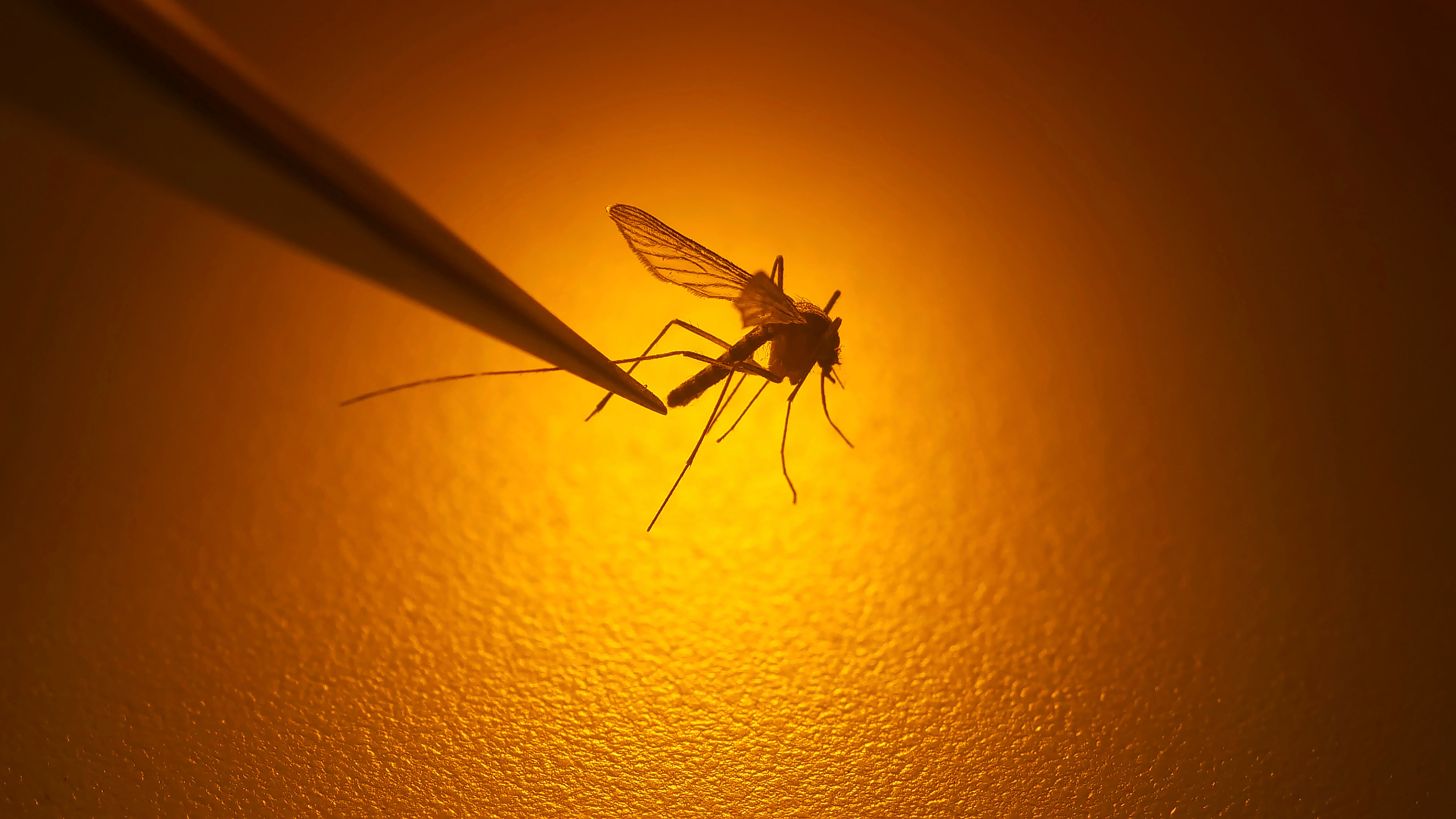Climate change leads to growing risk of mosquito-borne viral diseases, EU agency says
European Union officials say there is a growing risk of mosquito-borne viral diseases such as dengue and chikungunya in Europe due to climate change

Your support helps us to tell the story
From reproductive rights to climate change to Big Tech, The Independent is on the ground when the story is developing. Whether it's investigating the financials of Elon Musk's pro-Trump PAC or producing our latest documentary, 'The A Word', which shines a light on the American women fighting for reproductive rights, we know how important it is to parse out the facts from the messaging.
At such a critical moment in US history, we need reporters on the ground. Your donation allows us to keep sending journalists to speak to both sides of the story.
The Independent is trusted by Americans across the entire political spectrum. And unlike many other quality news outlets, we choose not to lock Americans out of our reporting and analysis with paywalls. We believe quality journalism should be available to everyone, paid for by those who can afford it.
Your support makes all the difference.European Union officials warned Thursday there is a growing risk of mosquito-borne viral diseases such as dengue and chikungunya in Europe due to climate change.
The European Center for Disease Prevention and Control said that because Europe is experiencing a warming trend, with heat waves and flooding becoming more frequent and severe, and summers getting longer and warmer, the conditions are more favorable for invasive mosquito species such as Aedes albopictus and Aedes aegypti.
The Stockholm-based agency said in a report that Aedes albopictus is a known vector of chikungunya and dengue viruses and has been establishing itself farther north and west in Europe. The other mosquito, Aedes aegypti, known to transmit dengue, yellow fever, chikungunya, zika and West Nile viruses, has been established in Cyprus since 2022 and may spread to other European countries.
A decade ago, the Aedes albopictus mosquito was established in eight European countries, with 114 regions affected. This year, the mosquito is established in 13 countries and 337 regions, the ECDC said.
“If this continues, we can expect to see more cases and possibly deaths from diseases such as dengue, chikungunya and West Nile fever,” ECDC director Andrea Ammon said. “Efforts need to focus on ways to control mosquito populations, enhancing surveillance and enforcing personal protective measures.”
Before, the diseases were imported from abroad, but ”now we have domestically acquired cases,” Ammon said in an online news conference.
The agency said ways to control mosquito populations include eliminating standing water where mosquitoes breed, using eco-friendly larvicides and promoting community awareness about mosquito control.
To protect themselves, people can use mosquito bed nets, sleep or rest in screened or air-conditioned rooms, wear clothes that cover most of the body and use mosquito repellent, the ECDC said.
It said that raising awareness about diseases transmitted by mosquitoes is essential.
There is no specific treatment for dengue. While about 80% of infections are mild, severe cases can lead to internal bleeding, organ damage and death.
Chikungunya fever, a debilitating disease that is suspected of afflicting tens of thousands, was first identified in Africa in 1953. It causes severe pain in the joints but is rarely fatal. There is no vaccine and it is mainly treated with pain medication.
Ammon said 1,339 locally acquired cases of West Nile infections, including 104 deaths, were reported in Europe in 2022, the highest number since an epidemic in 2018.
West Nile fever symptoms can include headache, fever, muscle and joint aches, nausea and fatigue. People with West Nile fever typically recover on their own, although symptoms may last for weeks to months.
___
Follow AP’s climate change coverage at https://apnews.com/hub/climate-and-environment